
Another friend asked the Windows laptop v. Macbook question on her Facebook today.
You can predict what happens next. The cult came by. As with the last time a friend asked the same question.
The cult always comes and proclaims the superiority of the Apple Macintosh. And it is a blinding proclamation, of messianic proportions, where one must behold the perfection and divinity of said technology. There is always one person who posts multiple times in an effort to convert you—bit like how one religion’s missionaries do those ten visits in an effort to get you to join. I think they might operate on a similar counting system.
As someone who uses Mac, Windows and Linux regularly (Mac and Windows daily, Ubuntu twice weekly) and usually enters into the conversation with ‘At the end of the day, it’s just a computer,’ I find it unsettling.
How unsettling?
Basically, as unsettling as my atheist friends would find someone imposing religion on them. Their stance usually is: hey, good on you if it works for you. If it makes you a better person, great. But I’d rather you not preach about it to me.
The proclamations are usually so one-sided that they leave holes for attack. ‘They are better’ is not really good evidence, and ‘a six-year-old machine can still run the latest OS’ is only dependent on the RAM. The existence of Windows crapware and a clogged-up registry are more the function of the user rather than the platform. I also level a lot of the blame on Windows’ clunkiness on Microsoft Office: I don’t use it, and I am happier for it. (In fact, Office may be the worst thing to happen to the more Windows OSs, as they let down what I regard as a pretty stable platform.)
I don’t dislike the Mac ecosystem. I use it daily, though the hard grunt I’ll do on my Windows 7 machine. I love the way the Mac handles graphics and sound. Without speccing up my Windows machine, I wouldn’t have the same quality. Apple’s handling of type is better than Microsoft’s Cleartype, in my opinion.
I like how the platforms now communicate readily with each other.
But I have problems with the wifi dropping out on a Mac, though this happens less often after Mavericks came out. However, it’s on the Mac forums as one of those unsolved issues that’s been going on for four years without a resolution. InDesign, at least for us, crashes more often on Mac than on Windows. (Your mileage may vary.) Some programs update more easily on Windows—take my 79-year-old Dad, who would prefer clicking ‘Update’ when a new Flash arrives more than downloading a DMG file, opening it, and dragging an icon to the Applications. It’s harder to learn this stuff when you are nearly 80. And don’t get me started on the IBM PC Jr-style children’s keyboards. They sucked in the 1980s and there’s not much reason they don’t suck today. (I replace the Imac chiclet keyboards with after-market ones, though of course that’s not a realistic option if you are getting a Macbook.)
Sure, these are minor issues. For each one of these I can name you Windows drawbacks, too, not least how the tech can date if you don’t buy expensively enough to begin with, and how you can still find innovations on an older Mac that Microsoft simply hasn’t caught up with. And even with some of the newer monitor-and-computer desktop units out there, none of them are as neatly designed and beautifully modernist as an Imac.
The biggest problem I have with the Mac world is this. As I told my friend: ‘Any time I post about Windows going wrong, the Mac cult always surfaces and cries, “You should buy a Mac!” as though they were stalking my social networks. Any time I post about Macs going wrong … the cult hides away. You see, you are shattering the illusion that the machines are perfect.’ It’s been like this for years.
It is and it isn’t a problem. It doesn’t sway me when I use the technology. But it’s hard for me, or anyone who sees through the fact that these are just computers, to want to be associated with that behaviour.
The more level-headed Mac users—a few have helped me on social networks when I raise an issue, though they are far fewer than the ‘Buy a Mac!’ crowd—probably don’t want to be seen to be part of some élite, either.
I should be more tolerant of this given my qualifications in branding. Good on Apple for creating such fervour. This is held up to us as something we should achieve with our own brands, with the traditional agencies usually naming Apple at number one. Kevin Roberts and Saatchi used to go on about ‘lovemarks’. It’s great that people see a bunch of bits as something so personal, so emotionally involved. Google is in the same boat—go to the forums and tell the senior support people there that their by-the-book, Google-is-right, you-must-be-doing-something-wrong answer is incorrect. You will simply be ignored, because it doesn’t fit into their world and their belief system.
In both cases, I wonder if there is such a thing as overbranding: where consumers love something so much that it goes beyond comprehension, into the creepy stage. Some might call these ‘superbrands’, but there is an uncomfortable element of religiosity to it. I’m not so sure whether this is the function of branding—and we thus come back to what we wrote at the Medinge Group in 2003, where we proposed in Beyond Branding that brands really centred around humanism, integrity and transparency.
I don’t recall anything about fervour.
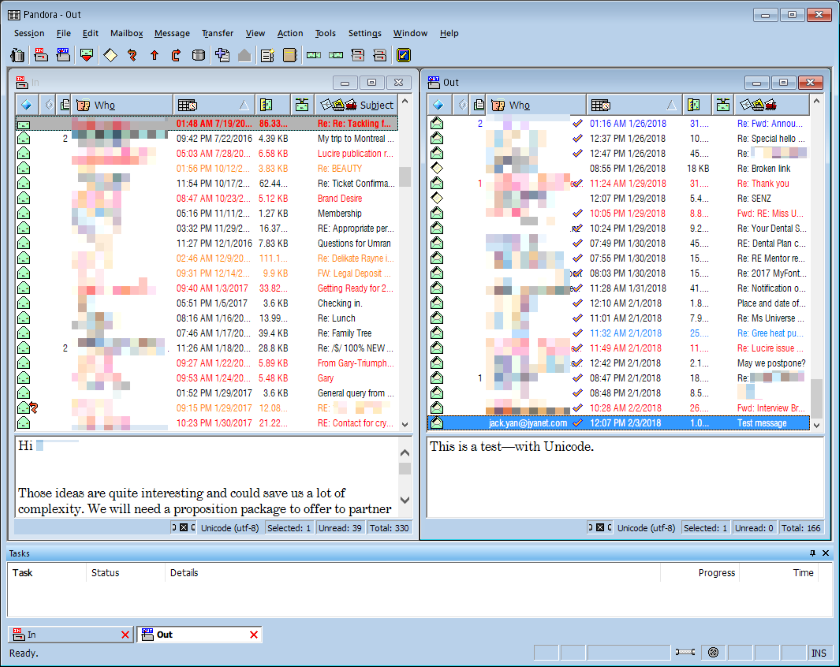
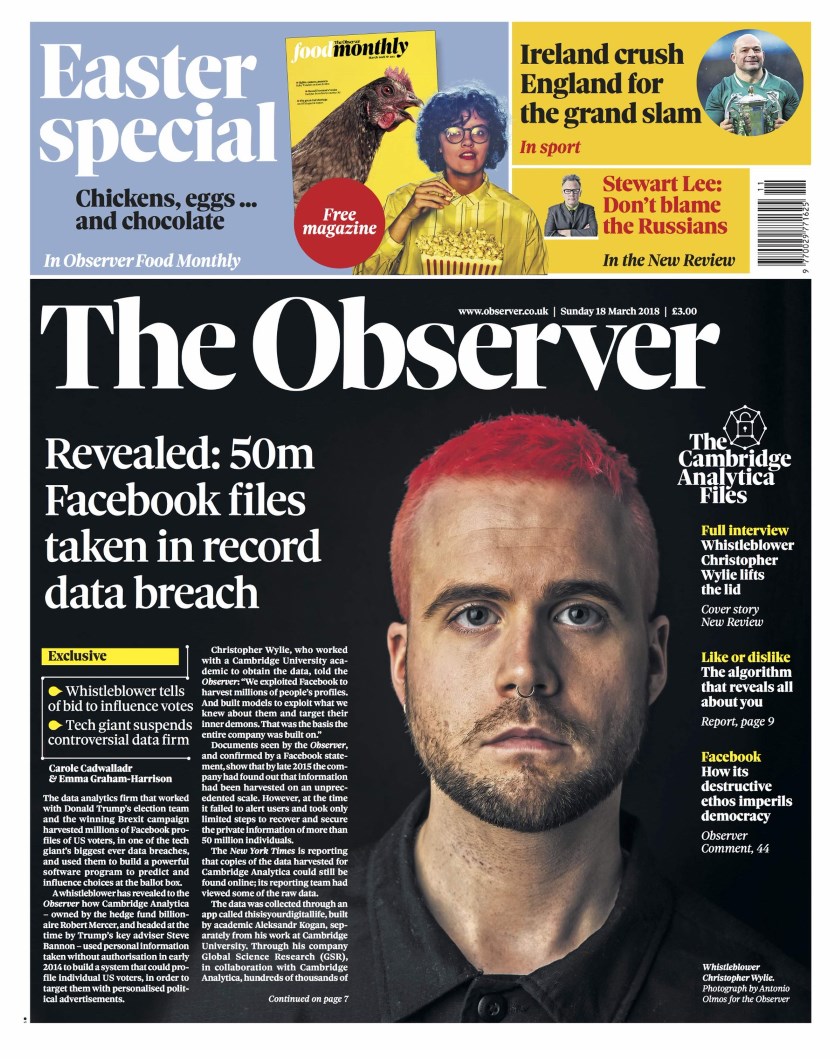
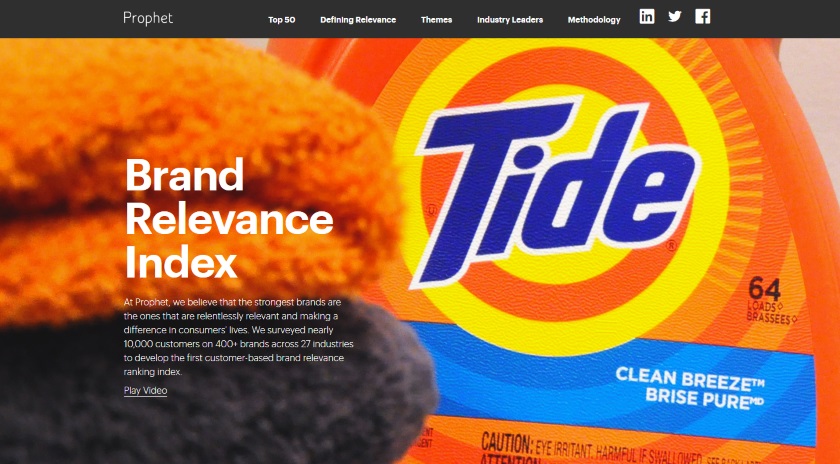
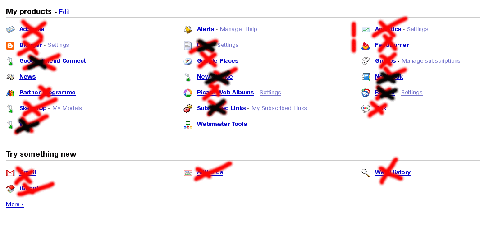
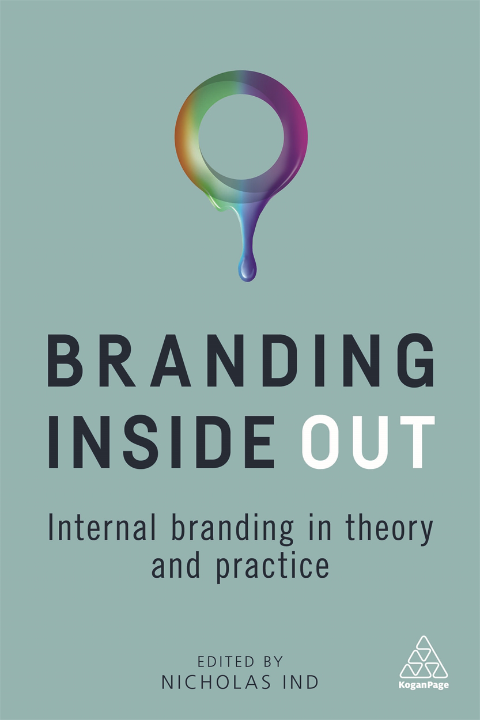
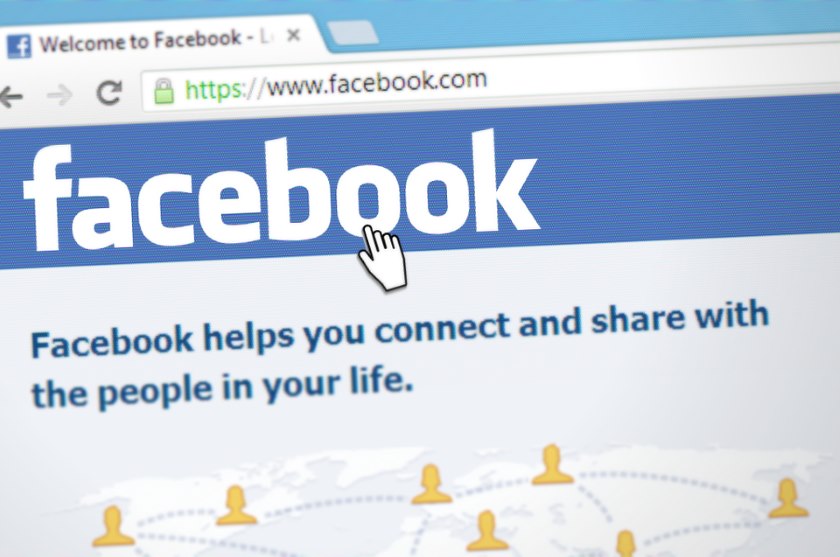


Jack: I think you are onto something! ;) I am a freethinker (atheist) and a student of a rational philosophy, so I am “allergic” to the mystical and the cultish behavior (group thinking). I am a Apple fan boy since a couple of years, after the introduction to the iPhone and then my brother gave me his old MacBook (in black metal). [Full disclosure: I am a board member of the Mac user group association, Got a Mac, in Gothenburg, Sweden.]
I’m glad you have that allergy, too, Martin. It is probably the Mac ecosystem’s weakest point.
It doesn’t affect things too much at Apple, though with Google, people’s livelihoods are literally affected by cult members working on their support forums (e.g. in the cases of unwarranted blog deletions and inaccurate malware detections). Apple, fortunately, wishes to continue innovating; Google, meanwhile, shuts its eyes and ears to problems that are really hurting people.
As a Christian I perhaps adopt a similar approach to you: my faith is a personal matter to me, and I would rather follow my own “brand” than prescribe to any cult-like behaviour. I accept everyone has a different path, which is why I respect atheists and atheism, too. The same applies to tech choices.
Jack,
Yes, your personal belief system, is a personal thing. I am grateful for the separation of Church and State in the United States of America.
I am creating, developing and protecting my own personal brand, EGO! :) I started doing that on the net on May 7, 2002…
Best Premises,
Martin